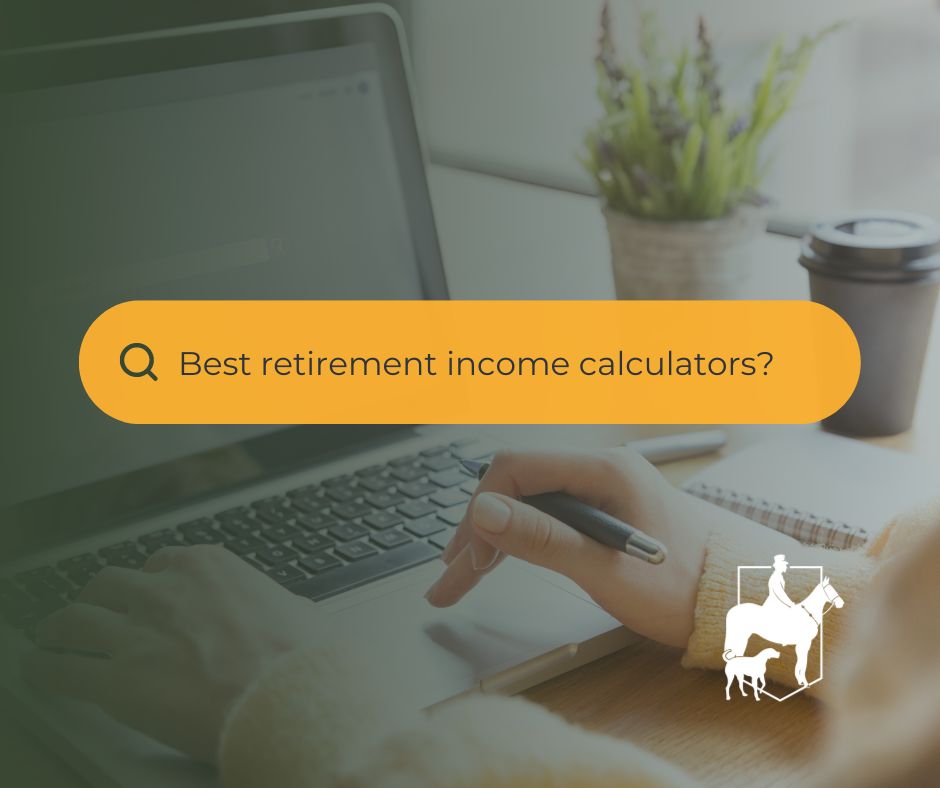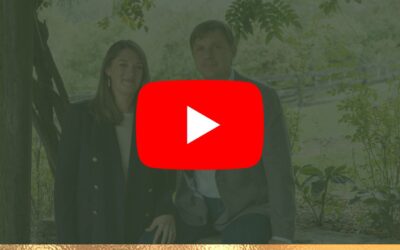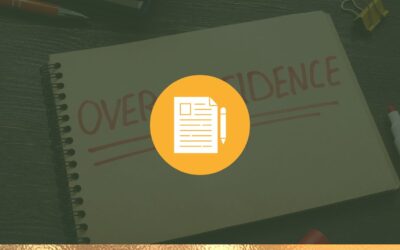Have you heard of the term know your retirement number?

Many firms and financial companies offer free online calculators which help you identify the amount of money you need to retire. It’s a simple way to know if your retirement savings are on track, but when it’s applied to your decision to retire, I think it is a major oversimplification.
We came up with the acronym R.E.T.I.R.E. to help educate you on some things which go beyond knowing your number.
R– Risk Tolerance
E– Ensure Guaranteed Income
T– Timing
I– Inflation
R– Reserves
E– Estate Planning
Risk Management: I think retiring well requires a plan to manage risk, how to protect your money, and how to use risk to your advantage. For most retirees, this means striking a balance between protecting and growing your money. I call this risk management, and it is the basis of the Time-Segmented approach we teach our clients.
Ensure Guaranteed Income: Social Security and pensions are likely going to be your main sources of guaranteed retirement income, and you want to make smart choices when it comes to them. Many choices are irrevocable, so you need to get it right. I’ve noticed that people often make poor decisions when they have tunnel vision and don’t think about their whole financial picture. I call this making a decision in isolation. Online calculators are pretty much always going to view things this way.
Timing: When you set your retirement date, it’s going to be a reality check, and you’re going to have a lot of questions about timing. You’ll be wondering – Should you use your IRA, 401(k), or savings account first? What about when to take Required Minimum Distributions? You need to know those answers because winging it is not an option that is likely to serve you well.
Inflation: Will your retirement income keep up with rising costs? Do you know what inflation has been over the last 100 years? What will it mean for you if it continues to rise at historical rates? You need a plan which addresses this.
Reserves: Would you like to know you’ve got the next five, ten, or even fifteen years of your retirement covered no matter what happens in the stock market? This is what reserves and a time-segmented retirement strategy can help you to do. I think it’s a mistake to continue to invest your money the same way after you retire as you did before because of the risk. When structured well, reserves can give you peace of mind and security.
Estate Planning: What happens to your spouse or your dependents if something happens to you? Will your retirement benefits continue and at the same level they did before?
In the age of online calculators, my hope is we’ve convinced you that there’s more to retiring than just knowing your number. I’m all for simplification, but I do think there are dangers in oversimplification. Your retirement is a serious matter and deserves the proper amount of attention.
Hunt Country Wealth Management does not provide tax or legal advice; therefore it is important to coordinate with your tax or legal advisor regarding your specific situation.




